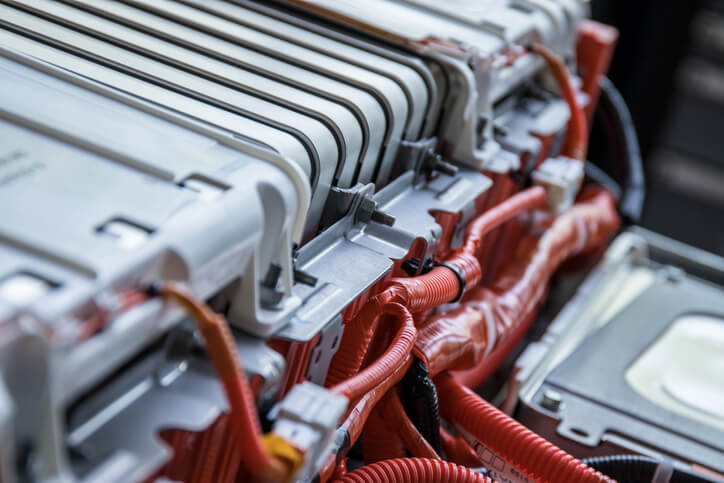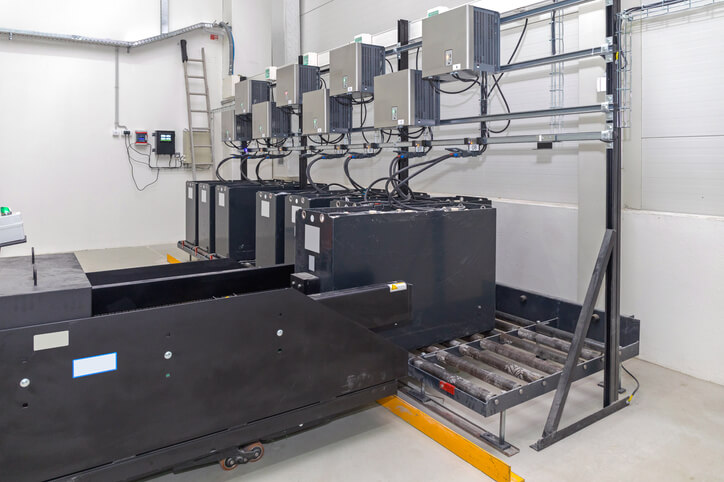Considering Hybrid Technology Training? Explore This New Battery Recycling Technique
The recycling of batteries used in electric vehicles (EVs) has continued to pose questions about safety, sustainability, and efficiency. Various EV and hybrid vehicles industry stakeholders have long sought the best way to recycle lithium-ion batteries.
These efforts aim to reduce the risk of environmental impact and recover some crucial metals that can be reused to create new batteries. With battery recycling becoming ever more critical today, professionals in the EV industry are stepping up efforts to develop more effective, sustainable ways to recycle batteries.
The prospects look promising, and new technologies are emerging every day. If you are considering hybrid technology training, you should be excited by these prospects and the new recycling techniques discussed here.
A Brief Background
With the rapidly growing rate of EV adoption in many countries worldwide, the battery recycling question is becoming increasingly important to address. This is why industry experts are devoting significant resources to help develop the most effective battery recycling techniques and methods.
These efforts have yielded several outstanding results in recent times.
The discovery of more effective hydrometallurgy methods and the growing adoption of direct recycling prove that progress is being made. Nowadays, important Lithium Ion battery components like Lithium, Cobalt, and Manganese can be recovered significantly during recycling.

The New Battery Recycling Technique
Recently, researchers at a Swedish university, the Chalmers Institute of Technology, discovered an effective way to recycle Lithium-Ion batteries. It is based on the hydrometallurgy process but seeks to recover the lithium and Aluminum first. This helps avoid significant loss of precious metals as with traditional hydrometallurgy methods.
This innovative technology allows them to recover 100% of the Aluminum and 98% of the lithium used in EV batteries. This is an incredible feat, considering that previous methods recover less. It promises increased savings in the components disposed of during previous recycling efforts, as you’ll discover in hybrid technology training.

How It Works After Automotive School
First, used batteries are collected from various sources and brought to the lab. The researchers pulverize these used batteries and retain their product in a fume cupboard. They come out as finely ground powdered components dissolved in Oxalic acid in the next stage of the method.
The researchers employ an aqueous hydrometallurgy process here. By dissolving the pulverized contents in Oxalic acid, the solid and liquid components in the mixture separate and find their level. Aluminum and Lithium are removed first as part of the liquid filtration during the filtering process. The other metallic parts, including Manganese and Nickel, go into the solid part. This is as opposed to previous hydrometallurgical processes where repeated purification produces Lithium and Aluminum products, with the ensuing wastages. Instead of going through this process, the researchers removed the Aluminum and Lithium. Both components can subsequently be separated and converted for further use.
Overall, it is a method that promises improved results and maximizes resources. It will soon be discussed from automotive school to industry events. The method is expected to gain increased industry acceptance in the future and be adopted on a larger scale. The gains of doing so would be massive. It would make for safer, more sustainable, and more efficient recycling and increased savings for the EV industry.
Are you interested in auto mechanic training?
Contact ATC Montreal for more information.


